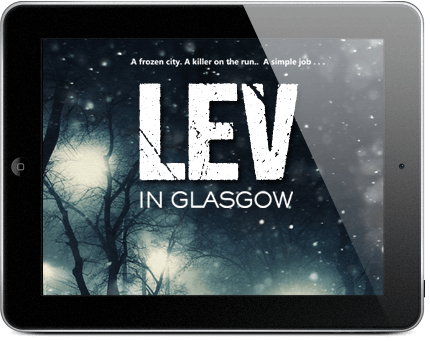OK: You’ve written your book.
You’ve edited it as hard as you can yourself. You’ve probably chosen to get some third-party editorial support for the book, because you’re serious about this career and you want to do it right.
But what then?
The scary business of writing turns into the even scarier business of getting your manuscript published. If the first thing was hard, the second thing can feel almost impossible.
But of course it isn’t. You just have to be
- damn sure that your book is good enough to be marketable. Mostly, writers send their book out well before it’s cooked … with inevitably disappointing results.
- Properly professional in your approach to the market.
I’m not going to talk more about the first of those things on this page. You probably want to read my thoughts on writing or editing if you think you’re still in the writing / editing stage of things.
I’m also not going to talk about the whole business of rejections. The fact is that plenty of really great writers have struggled to place their work, and so if you don’t get an instant “yes” when you send your work out … well, that’s normal. Rejection is part of the writer’s journey.
But if you have an excellent manuscript in your possession, it shouldn’t actually be that hard to find people who want it!
In almost all cases, writers need a literary agent before they even think of getting a publisher. That’s partly because agents understand the world of publishing way better than you do, but it’s mostly for a much more basic reason than that. The simple fact is that most large publishers won’t take submissions seriously unless those submissions come via a literary agent. So the publishers you most want to get onside won’t really look at your work unless you have an agent.
To get an agent, you need to follow the advice in the link just above, but you will also need to write a decent synopsis and an excellent covering letter (or query letter, as it’s also known.)
Those documents are not hard to produce. If you have the capacity to write a great novel, you easily, easily have the ability to write a simple letter and a simple summary of your book. That said, agents do have expectations from those documents which you need to meet, so do check the links on this page to figure out exactly what to do and how to do it.
And really, that’s it, in a way. Once you have your agent, you should find that you just need to follow that agent’s advice to navigate the whole of the rest of the publication process.
A more general guide to publication can be found here. One of the key messages from that article is that you need to be desperately careful to avoid anything that smells (or, to be honest, stinks) of the vanity publishing world.
Vanity publishers don’t make their cash by selling books to readers, which is what real publishers have to do. The vanity guys just make their money by selling their (rubbishy and overpriced) services to authors. If a publisher asks you for money, just say no. It’s their job to give you money and never vice versa. In my twenty and more years of writing and publishing, I have never paid my publisher a penny. I don’t think I’ve ever even bought a coffee. That’s not me being mean. That’s how the industry is meant to work. They buy your book; they give you money. That’s the deal.
And because this is a complicated world, here are a few more links to help you navigate:
- The (American) Association of Authors Representatives (ie: literary agents)
- The British version of the same thing.
- A complete list of all literary agents in the US.
- A complete list of all literary agents in the UK.
- The Association of American Publishers
- The UK Publishers Association.
I also strongly recommend the good old Writers Beware website, that is a great rogue-catcher for all those vanity publishers.


